As I mentioned in my last post, the end of one year and the beginning of the next is “that time of year” for my annual mention of the some of the best books I read during the prior 12 months. It’s my hope that the books that have impacted me might be picked up by others and used to shape, mold, and even entertain them. My selections aren’t necessarily critically-acclaimed books all published in the last year, but rather, books new and old that are among those I’ve endeavored to tackle during 2019. In fact, one of my selections was first published in 1652! There are others I’ve read this past year which could be included in my list, but since I’ve limited it to a total of ten books there are some very good and helpful books that are being left out. So. . . here we go. . . in no special order. . . here’s a link to the first five that I posted last week, and now my final five to make it 10. . .
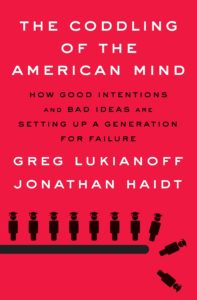
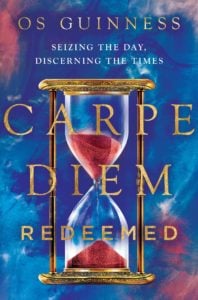
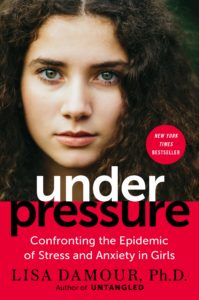
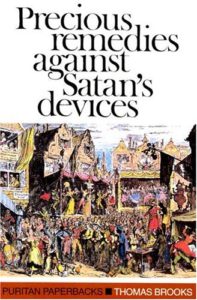
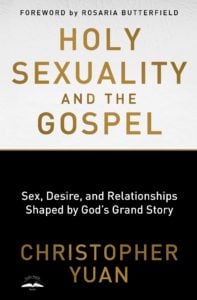
As you jump into 2020, keep reading. God has given us eyes, hearts, and minds that we must steward to His glory. Reading is a powerful avenue to that end!